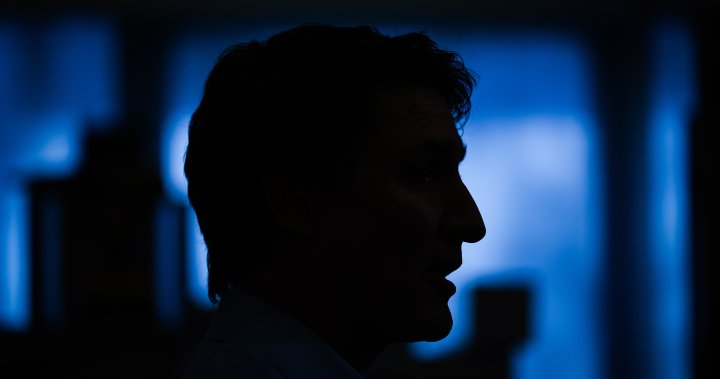
Is the ‘Seinfeld theory’ coming for Justin Trudeau’s political future?
Global News
Seinfeld - the beloved sitcom often described as "about nothing" - ended in 1998, before millennials could vote and most Gen Z Canadians were born. They're now key voting blocs.
The Trudeau government released its 2024 budget with a promise to bring “fairness for every generation” by pledging billions on housing and introducing a new capital gains tax on the wealthy, as part of its strategy to win back younger voters.
But former Liberal deputy prime minister John Manley doubts the major spending geared at a millennial and Gen Z audience will be enough to keep Prime Minister Justin Trudeau in power once election time rolls around.
“I subscribe to what I call the Seinfeld theory of political longevity,” John Manley told West Block host Mercedes Stephenson.
“Seinfeld, great show, lasted nine seasons. And if you think in terms of modern political history in Canada, think back to Brian Mulroney: nine seasons, Jean Chretien: 10 seasons, Stephen Harper: nine seasons,” he said, referencing the years they spent in power.
Manley adds Canada is not unique. France’s Charles de Gaulle and the U.K.’s Margaret Thatcher also saw their time in power end around the same time, he says.
When it comes to the “seasons” Trudeau may have left, “I think people are going to say, ‘you know, enjoyed the show, but it’s time for something new,’” said Manley.
Seinfeld, the beloved sitcom often described as “about nothing”, ended in 1998. Back then, millennials still couldn’t vote and most Gen Z Canadians weren’t even born.
But the two demographics now make up a key voting bloc that has grown increasingly frustrated by the economic uncertainty that has come to characterize their lives: the 2008 global financial crisis, the COVID-19 pandemic, record inflation and a lack of affordable housing.
